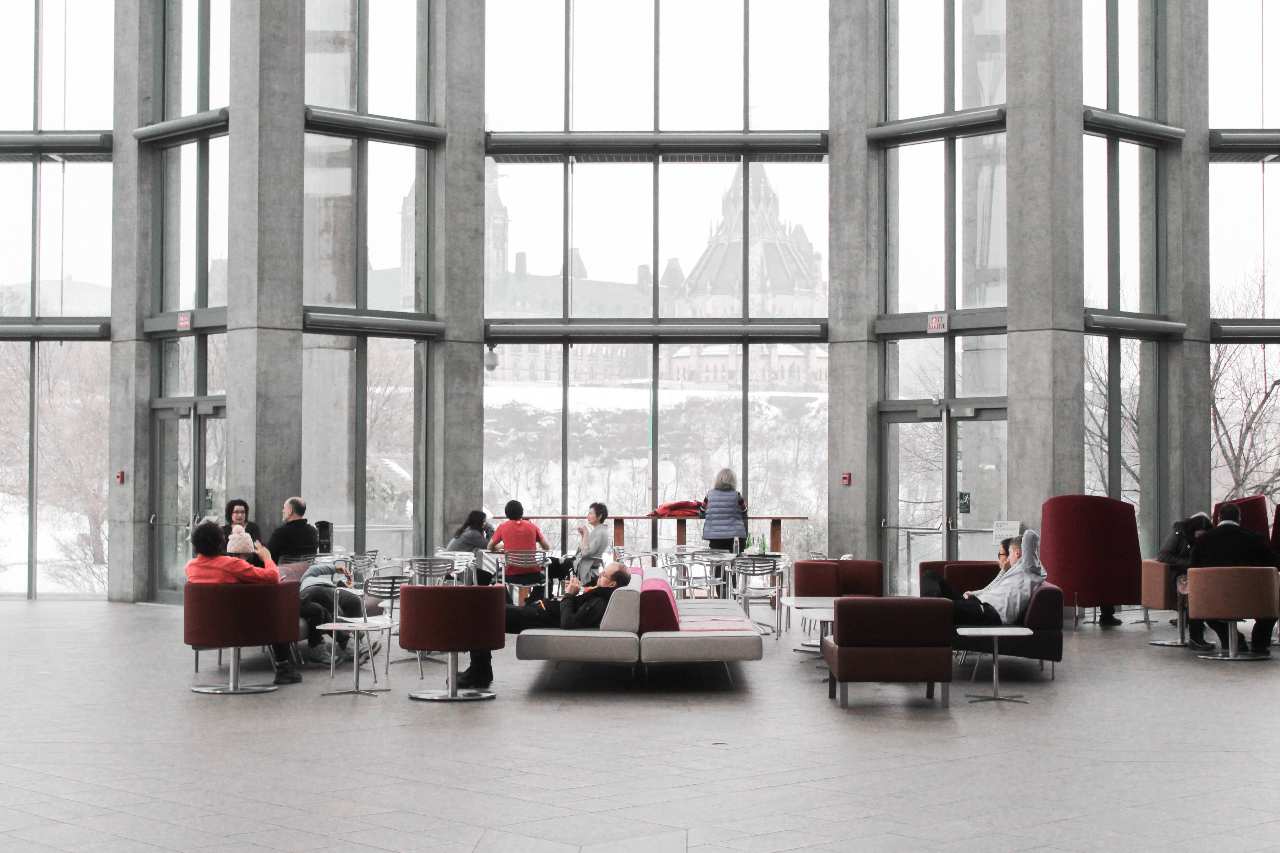The Forum of Ministers Responsible for Immigration (FMRI) got together today in Halifax, Nova Scotia at the Canadian Museum of Immigration to continue talking about the future of immigration in Canada. The progress gained in enhancing the ability of Canada’s immigration system to suit regional and economic requirements delighted the ministers, who concentrated on promoting cooperative initiatives to address pan-Canadian immigration issues.
Ministers talked about methods to speed up the application processing process, eliminate duplication, and give provinces and territories (PT) more control over provincial nominee programmes (PNPs) as a follow-up to their July conference. Economic immigrant selection was also a topic of discussion. Ministers hailed the IRCC’s first-ever multi-year allocation plan, which calls for an exceptional 44% increase in PNP allocations for 2023. The strategy also contains hypothetical allocations for 2024 and 2025. Along with settlement and integration initiatives, Foreign Credential Recognition (FCR), and Canada’s humanitarian response to the evolving situation in Ukraine, ministers had fruitful discussions.
With a focus on the crucial role of immigration and the FMRI in addressing challenges of a labor shortage, ministers reviewed joint priorities on FCR, particularly as it related to internationally educated healthcare professionals (IEHPs), with PTs partnering towards greater credential recognition for new Canadians. The ministers decided to work together to prioritize several crucial areas, such as the selection process, comprehending the intricate regulatory environment, improving the standard of FCR pre-arrival information exchange, and strengthening federal, provincial, and territorial (FPT) engagement, notably with the Forum of Labour Market Ministers.
Ukrainians and their family members who are escaping Russian aggression and brutality have been welcomed and helped, according to Canada’s immigration ministers, who also denounced Russia’s invasion of Ukraine. Taking stock of the measures taken in relation to Canada’s immigration response, ministers looked over the preliminary findings of the Ukraine Quick Impact Review. Ministers talked about how the response will affect PTs, local governments, and stakeholders in immigration. Ministers reiterated the necessity of a cooperative, multilateral approach to cost and information sharing to guarantee that newcomers are welcomed in a coordinated and thorough manner.
PT Ministers asked Canada to make clear the duration of the Canada-Ukraine Authorization for Emergency Travel (CUAET) and to extend temporary measures, such as the Canada-Ukraine Transitional Support Program and temporary hotel rooms, to help displaced Ukrainians coming to Canada. The need for future negotiations on Ukrainians’ paths to permanent residency was brought up by the ministers.
With a focus on the crucial role of immigration and the FMRI in addressing challenges of a labor shortage, ministers reviewed joint priorities on FCR, particularly as it related to internationally educated healthcare professionals (IEHPs), with PTs partnering towards greater credential recognition for new Canadians. To improve federal, provincial, and territorial (FPT) coordination, notably with the Forum of Labour Market Ministers, the ministers agreed to collectively work on important areas such the selection stage, understanding the complicated regulatory environment, advancing the quality of FCR pre-arrival information sharing, and so forth.
Ministers thought on how to strengthen FPT partnership on regional economic immigration targets, including important initiatives like the PNP and Atlantic Immigration Program (AIP). The PNP continues to be the key vehicle for addressing regional labor market demands and immigration. The regionalization of immigration, according to ministers, is still crucial, and as immigration targets rise, it is necessary to assess how well communities can absorb immigrants.
Ministers evaluated present federal and PT roles in settlement services, identifying achievements, difficulties, and potential future prospects. Ministers emphasized the importance of services that promote immigrants’ integration and retention in their PT of landing and are responsive, flexible, and knowledgeable locally. At the following FMRI meeting, the ministers decided to talk about service delivery models and the roles of the federal, provincial, and territory governments.
The ministers agreed to take measures to maintain strong public support for immigration and to continue cooperating to ensure that long-term FPT immigration and settlement goals contribute to Canada’s present and future economy. To participate in the newly started Strategic Immigration Review, Minister Fraser invited his colleagues.




